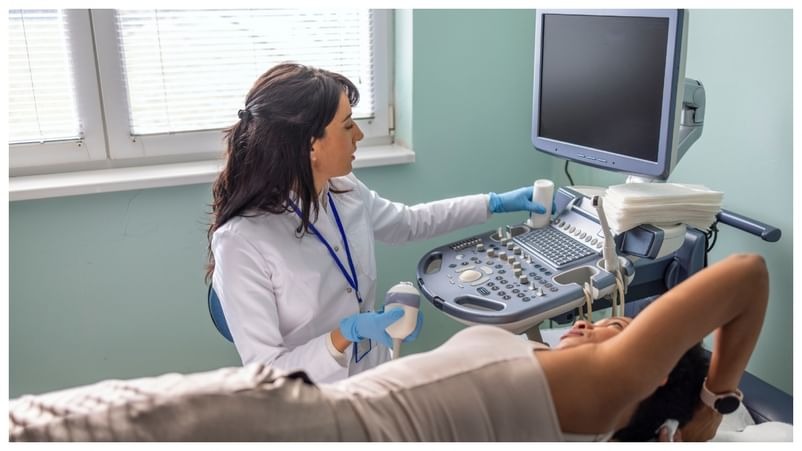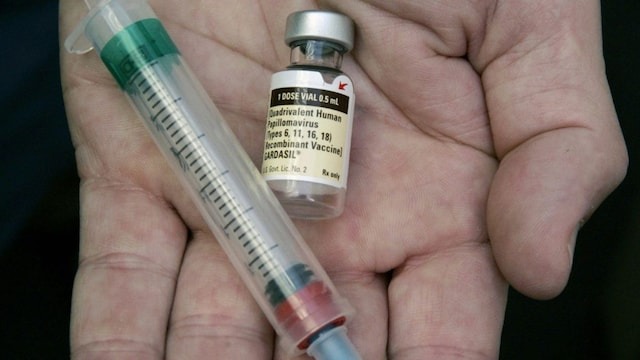
Breast implants have been a popular choice for decades, helping women enhance their confidence and restore breast shape after pregnancy, weight loss, or surgery. However, in recent years, a growing number of women have reported experiencing mysterious health issues—chronic fatigue, brain fog, joint pain, and even autoimmune symptoms. Many suspect their implants could be the cause, a condition referred to as Breast Implant Illness (BII).
While BII is not officially recognized as a disease, thousands of women claim that their health improved after removing their implants, leading to a heated medical debate. So, is BII real? What does the research say? And if you have implants, should you be concerned?
Dr. Anmol Chugh, Lead Consultant at CK Birla Hospital and Director of Imperio Clinics, Gurgaon, shared insights on how breast implants may affect women’s health in an interaction with News9Live.
What Is Breast Implant Illness (BII)?
While not yet a medically recognized condition, Breast Implant Illness (BII) is a collection of symptoms reported by women who suspect their implants are causing serious health problems.
Common Symptoms of BII:
Chronic fatigue and weakness
Brain fog and memory issues
Joint and muscle pain
Anxiety or depression
Hair loss
Skin rashes and irritation
Autoimmune-like reactions (e.g., inflammation, unexplained pain, swelling)
Some women report feeling dramatically better after removing their implants, while others see no change. So, what does science say about this controversial condition?
What Does Research Say About BII?
While there is no conclusive evidence proving that breast implants directly cause illnesses, some studies suggest a potential link between implants and autoimmune disorders.
1. FDA Warnings and Reports
- The U.S. Food and Drug Administration (FDA) has received thousands of complaints from women reporting unexplained symptoms after getting breast implants.
- While the FDA hasn’t officially classified BII as a medical condition, it now requires implant manufacturers to warn patients about possible health risks.
2. Link Between Autoimmune Diseases and Implants
- A 2018 study published in Plastic and Reconstructive Surgery found that women with breast implants had a slightly higher risk of developing autoimmune diseases like rheumatoid arthritis and scleroderma.
- However, the overall risk remained very low, making it difficult to establish a direct connection.
3. Do Symptoms Improve After Implant Removal?
- A 2021 study in the Annals of Plastic Surgery found that some women reported feeling better after having their implants removed.
- However, researchers noted that this could be due to a placebo effect, meaning the expectation of feeling better might have influenced their perception of symptoms.
Could My Implants Be Causing Health Problems?
Not all women with breast implants experience these symptoms. Many have had implants for years without any issues. However, if you’re experiencing unexplained health problems, it may be worth considering your implants as a possible factor.
Steps to Take if You Suspect BII
Talk to a Doctor: Rule out other medical conditions that could be causing your symptoms.
Monitor Your Symptoms: Keep a journal to track when symptoms started, how severe they are, and whether they’re worsening over time.
Consider Implant Removal: If symptoms persist, discuss explant surgery (implant removal) with a medical professional. Some women report immediate relief, while others see no change.
The Bottom Line: Should You Be Worried?
Breast implants remain safe for most women, but like any medical procedure, they come with risks.
There is still no definitive scientific proof linking breast implants to long-term illnesses, but women’s concerns should not be dismissed.
If you already have implants and feel fine, there’s no need for panic. However, if you are experiencing unexplained symptoms, it’s important to listen to your body and seek medical advice.
Thinking about getting implants? Make sure you’re fully informed about the risks and alternatives before making a decision.
Already have implants and feel unwell? Consult a doctor to explore whether your symptoms could be linked to your implants.

 Desk
Desk Share
Share






